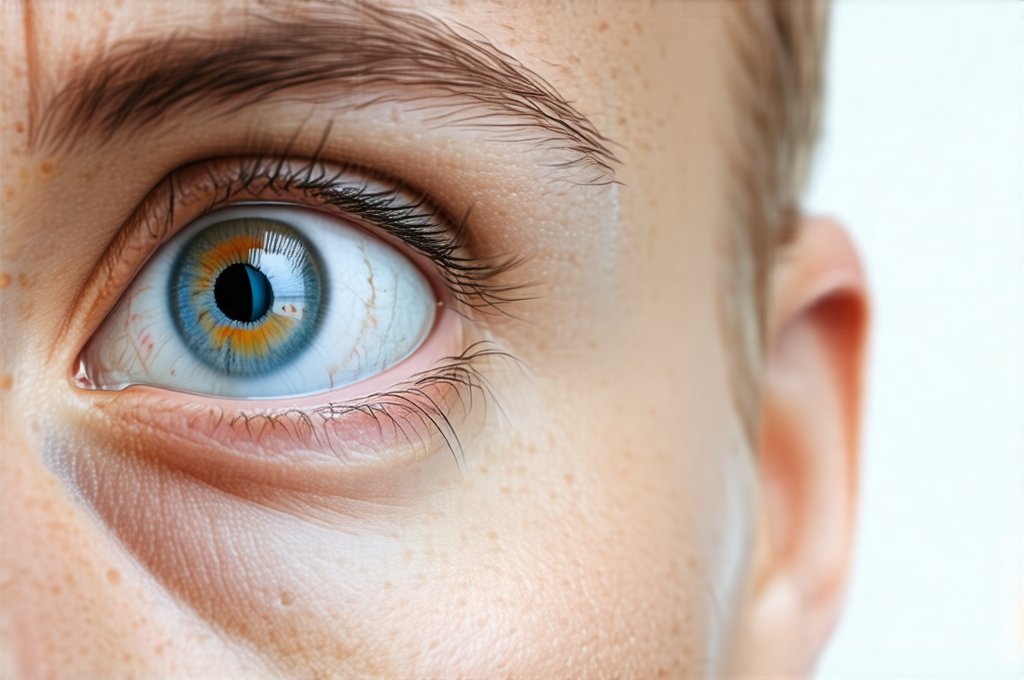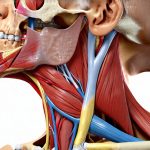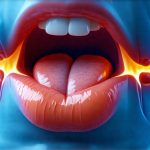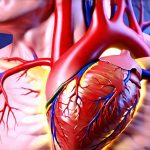Gastroesophageal reflux disease (GERD), commonly experienced as heartburn, is a surprisingly widespread condition affecting millions globally. While often associated with digestive discomfort – that burning sensation in the chest, the sour taste in the mouth – its reach can extend far beyond the gut. Many people are unaware of the potential for seemingly unrelated symptoms to be connected to GERD, leading to confusion and delayed diagnoses. It’s not unusual to experience a wide array of symptoms alongside typical digestive issues, prompting individuals to seek explanations elsewhere when the root cause may lie within their own digestive system.
The connection between seemingly disparate body systems is often underestimated. Our bodies are intricate networks where everything is interconnected, and what happens in one area can frequently impact another. This complex interplay highlights the importance of looking beyond isolated symptoms and considering a holistic view of health. A growing number of people are reporting experiences like unexplained eye twitching alongside their GERD symptoms, raising an important question: Is this mere coincidence, or could there be a genuine physiological connection? Understanding these potential links is crucial for proper diagnosis, effective management, and ultimately, improving quality of life for those affected.
The Mechanics of GERD and Potential Pathways to Eye Twitching
GERD occurs when stomach acid frequently flows back into the esophagus – the tube connecting your mouth to your stomach. This backflow, or reflux, irritates the lining of the esophagus causing inflammation and a range of symptoms. Several factors contribute to GERD including: – A weakened lower esophageal sphincter (LES) – the muscle that prevents acid from flowing backwards – Hiatal hernia – where part of the stomach pushes up through the diaphragm – Obesity – Pregnancy – Certain medications. The severity of GERD can vary greatly, from mild, occasional heartburn to more severe symptoms like difficulty swallowing and chronic inflammation. But how might this digestive issue relate to something as seemingly distant as an eye twitch? Several potential pathways are being explored by researchers and clinicians.
The primary proposed link centers around the vagus nerve. This incredibly important cranial nerve is a two-way street, connecting the brain to many major organs including the stomach, esophagus, and even muscles around the eyes. Acid reflux can stimulate the vagus nerve, causing it to become overactive or irritated. This stimulation may then manifest as involuntary muscle contractions in various parts of the body, including the eyelids – leading to eye twitching, also known as blepharospasm. It’s important to note that this is a complex neurological process and not always direct; the vagus nerve plays many roles, so pinpointing GERD as the sole cause can be challenging.
Another potential pathway involves inflammation. Chronic acid reflux leads to chronic inflammation in the esophagus, but systemic inflammation can spread throughout the body. This widespread inflammation may affect nerves and muscles, contributing to various symptoms including eye twitching. Furthermore, the stress associated with managing a chronic condition like GERD can also play a role; stress is a known trigger for muscle spasms, including those affecting the eyelids. The interplay between physiological factors and psychological stress makes it difficult to definitively attribute eye twitching solely to GERD, but highlights the possibility of a connection.
Nutritional Deficiencies and Their Role in Both Conditions
GERD can sometimes lead to nutritional deficiencies due to malabsorption or dietary changes made to manage symptoms. Chronic reflux can interfere with the absorption of essential vitamins and minerals, while restrictive diets aimed at reducing heartburn might inadvertently limit intake of crucial nutrients. Several key deficiencies have been linked to both GERD and eye twitching: – Magnesium deficiency is associated with muscle spasms and twitches – including those around the eyes. It’s also sometimes seen in individuals with impaired nutrient absorption due to gastrointestinal issues. – Vitamin D deficiency has been implicated in both inflammatory conditions and neurological symptoms, potentially exacerbating both GERD-related inflammation and eye twitching. – B vitamins, particularly B12, are vital for nerve health. Deficiencies can lead to neurological dysfunction including muscle spasms.
Addressing these deficiencies isn’t about self-treating; it’s about ensuring adequate nutritional intake. This often involves a balanced diet rich in whole foods but may sometimes require supplementation under the guidance of a healthcare professional. It is crucial not to self-diagnose or begin taking supplements without proper medical evaluation, as excessive amounts of certain nutrients can also be harmful. The goal isn’t simply to eliminate deficiencies; it’s about optimizing overall health and supporting nerve function, which may help alleviate both GERD symptoms and related issues like eye twitching. Considering dietary changes such as those found in dinner meals for gerd can also be beneficial.
Stress, Anxiety, and the Vicious Cycle
The link between stress, anxiety, and GERD is well-established. Stress can worsen GERD symptoms by increasing stomach acid production and relaxing the LES, leading to more frequent reflux episodes. Simultaneously, the discomfort caused by GERD itself can contribute to increased anxiety and stress levels – creating a vicious cycle. This cycle can then further exacerbate eye twitching, as stress is a known trigger for muscle spasms. The physiological response to stress involves the release of hormones like cortisol, which can disrupt nerve function and increase muscle tension.
Managing stress is therefore a critical component of both GERD management and reducing the likelihood of related symptoms like eye twitching. Effective stress-reduction techniques include: 1. Regular exercise – releases endorphins that have mood-boosting effects. 2. Mindfulness meditation or deep breathing exercises – helps calm the nervous system. 3. Adequate sleep – essential for both physical and mental restoration. 4. Cognitive Behavioral Therapy (CBT) – can help identify and manage stress triggers. It’s important to remember that seeking professional support for anxiety or stress is a sign of strength, not weakness, and can significantly improve overall well-being. Understanding the connection between GERD and hiccups can also help manage stress related to symptoms.
Ruling Out Other Causes & Seeking Professional Evaluation
While the connection between GERD and eye twitching is plausible, it’s essential to rule out other potential causes before assuming a direct link. Eye twitching can be caused by numerous factors including: – Fatigue – lack of sleep or excessive strain on the eyes. – Caffeine intake – excessive consumption can stimulate muscles. – Dry eyes – insufficient lubrication can lead to irritation and spasms. – Eye strain – prolonged screen time or uncorrected vision problems. – Neurological conditions – rarely, eye twitching may be a symptom of a more serious neurological disorder.
If you’re experiencing persistent eye twitching alongside GERD symptoms, it’s crucial to consult with a healthcare professional. This is not about self-diagnosis; it’s about obtaining an accurate assessment and ruling out any underlying medical conditions. A doctor can perform a thorough evaluation, including assessing your GERD management plan, reviewing your medication list, and potentially recommending further tests to identify the cause of eye twitching. They may also recommend seeing an ophthalmologist (eye doctor) or neurologist for specialized evaluation if necessary. GERD with esophagitis and GERD without esophagitis have different approaches to diagnosis. Remember, a proactive approach to health is always the best course of action. Additionally, be aware of potential connections between GERD and bad breath, as these can indicate overall digestive health. Finally, consider the relationship between GERD and asthma to understand interconnected symptoms.


















